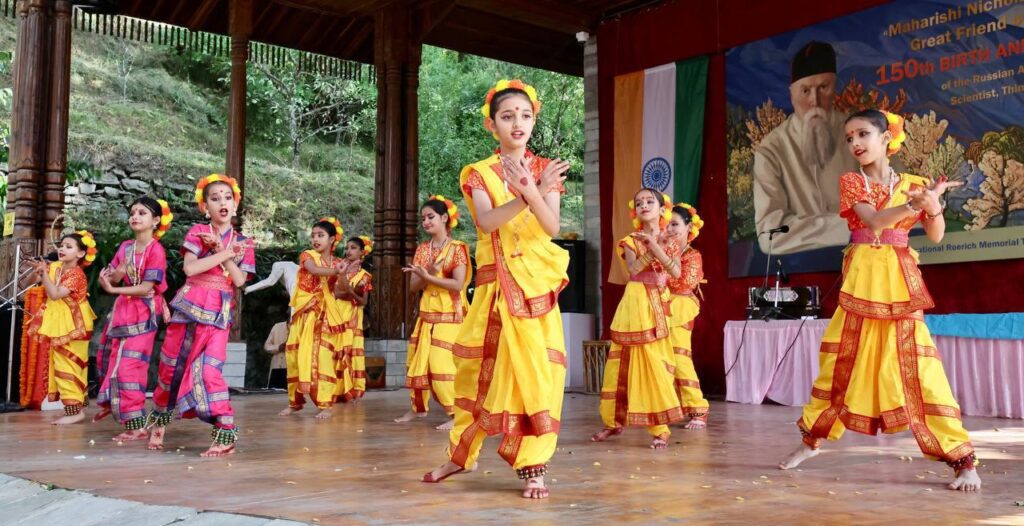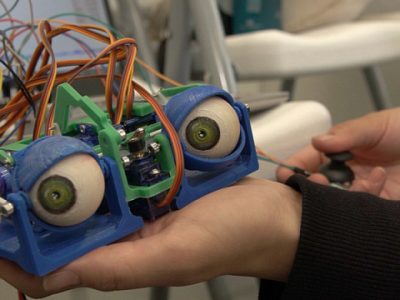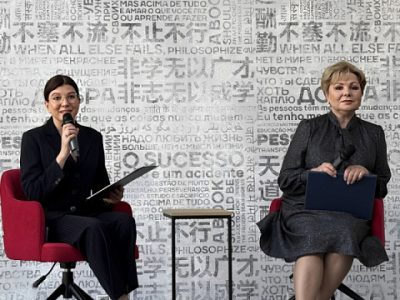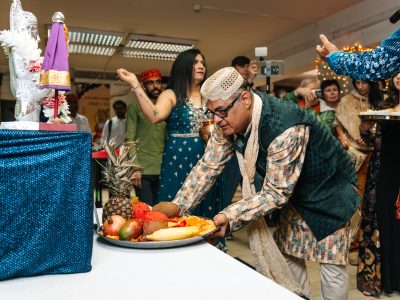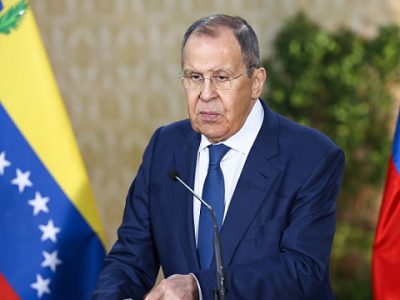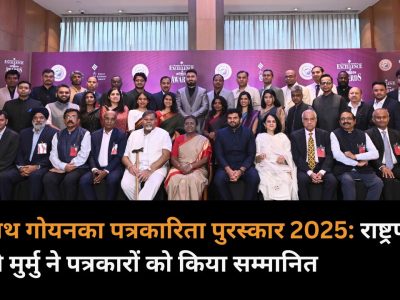The picturesque Roerich Museum-Estate in the Himalayan Kullu Valley recently hosted a grand celebration in honour of the 150th birth anniversary of Nicholas Roerich and the 120th birth anniversary of his son, Svetoslav Roerich. These two luminaries, renowned as distinguished Russian painters, philosophers, and travellers, have left an indelible mark on both Russian and Indian cultural landscapes.
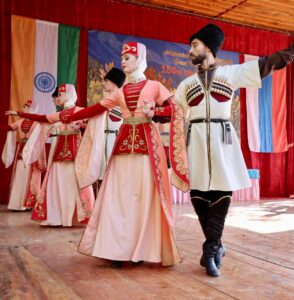
The commemorative event was graced by the presence of the Russian Ambassador to India, Denis Alipov, and the Deputy Commissioner of Kullu District, Torul S. Raveesh. The ceremony also saw participation from a wide range of attendees, including local residents from Naggar, dedicated volunteers, prominent Indian cultural and public figures, Russian expatriates, and foreign tourists.
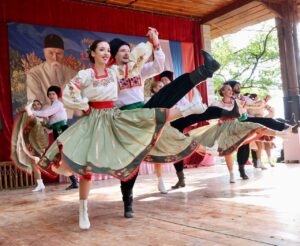
In his address, Ambassador Alipov highlighted the deep, enduring bond between Russia and India, embodied by the Roerich family. “The tradition of paying homage to the Roerichs here in Kullu serves as a testament to the rich cultural and historical ties between our two nations,” he remarked, underscoring the family’s pivotal role in fostering Indo-Russian relations.
The event commenced with a Shanti Puja – a prayer for peace and well-being – held near the memorial stone marking Nicholas Roerich’s cremation site. This was followed by a solemn flag-raising ceremony, where the national flags of Russia and India were hoisted alongside the Banner of Peace, symbolizing the shared vision of harmony and global unity that the Roerichs championed throughout their lives.
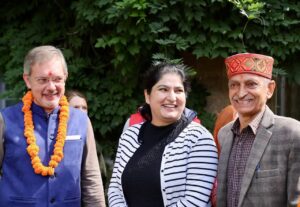
The celebrations were enriched by a vibrant cultural programme. Young students from the Helena Roerich Academy of Arts delivered captivating performances that paid tribute to the Roerichs’ artistic legacy. A special highlight of the event was a spectacular folk dance performance by the esteemed ensemble “Stanitsa” from Krasnodar, showcasing the beauty of Russian tradition and further underscoring the cultural confluence between the two nations.
The jubilee event, set against the serene backdrop of the Kullu Valley, reaffirmed the enduring significance of the Roerichs in bridging Russian and Indian cultures, and their legacy as icons of peace, art, and intercultural dialogue.




 Subscribe Us
Subscribe Us
